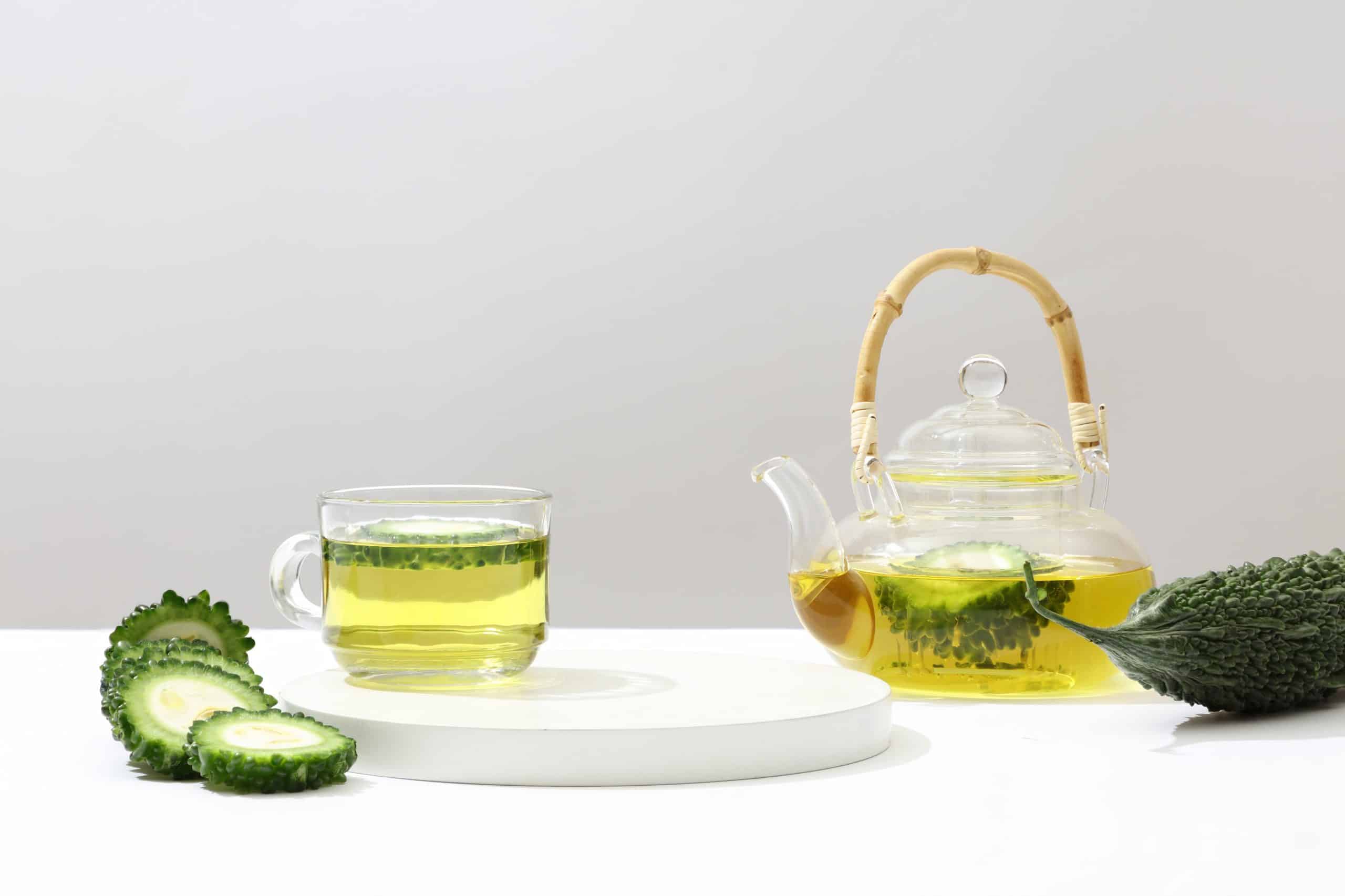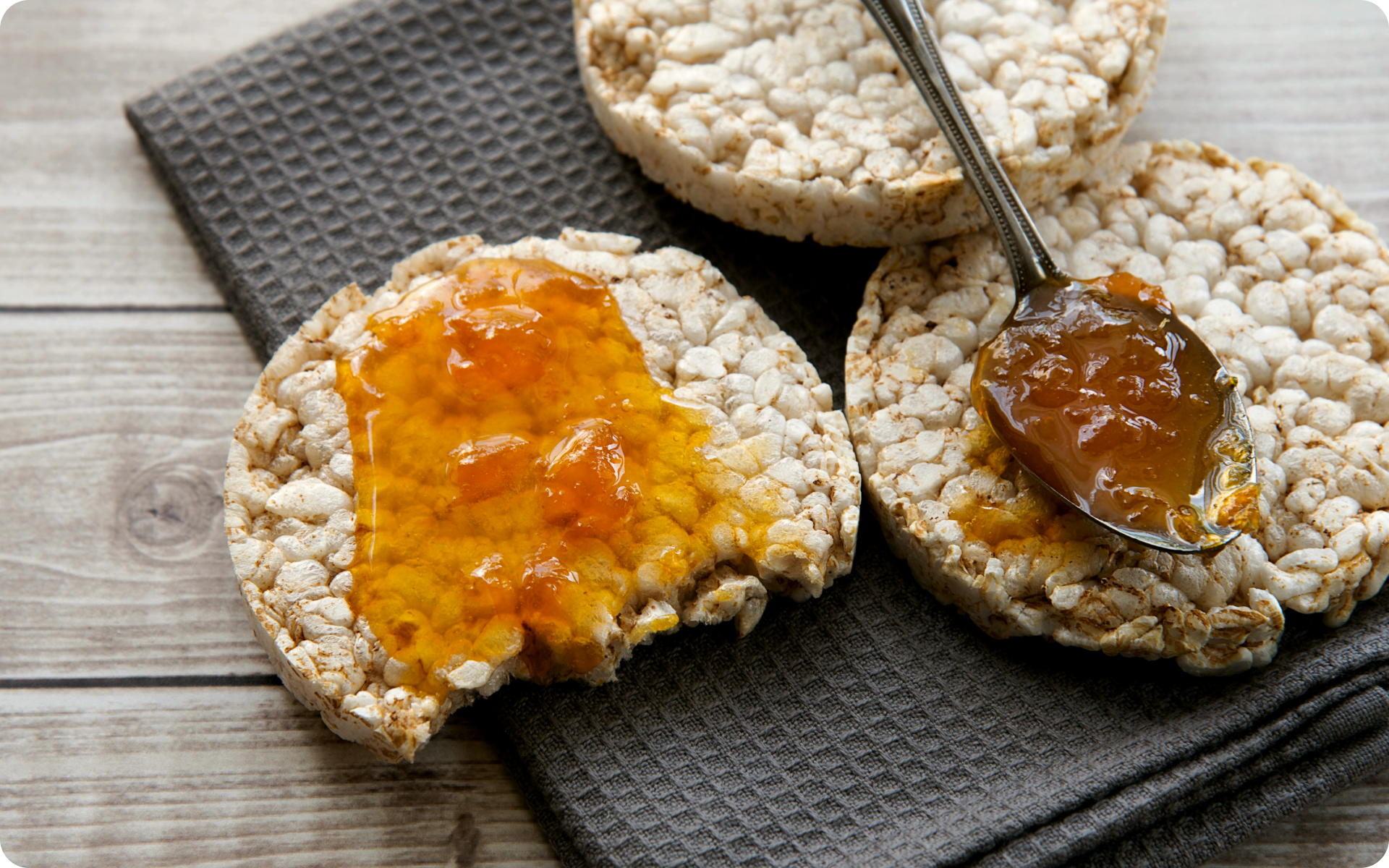Imagine a warm summer afternoon, a gentle breeze running through your hair, and a glass of refreshing sun tea in your hand. For those who are looking to savor a nostalgic and natural beverage, sun tea offers the perfect blend of simplicity and delight.
However, drinking sun tea is not a common practice to follow nowadays and there has been some controversy regarding the safety of this beverage.
Here, we’ll go through the art of making sun tea, from understanding the basics to exploring its potential health benefits and safety concerns. By the end, you’ll be able to make sun tea safely.
What Is Sun Tea?
Sun tea is a method of brewing tea using the natural heat of the sun. Unlike traditional boiling methods, sun tea allows tea leaves to steep slowly over several hours, which results in a smooth flavor. This method has been used for centuries and offers a unique way to make tea.
So how do you make sun tea?
The process involves placing bags of loose tea leaves in a large glass container filled with water and leaving it in direct sunlight. The purpose of this is that the warmth of the sun gradually extracts the flavors and nutrients from the tea, creating a refreshing beverage that is perfect for hot days.
One of the appeals of sun tea is its simplicity. All you need is a sunny day, some sun tea bags, and a little patience.
Read more: Does Using Detox Tea for Weight Loss Work?
Step-by-Step Guide to Making Sun Tea
Before you start brewing sun tea, you need to gather all the necessary equipment and ingredients. Here’s what you need:
- Large glass container. Choose a clear container with a lid. A gallon-size jar works well for making enough tea for a couple of days. Make sure it’s clean and free from any residues. It’s better if you’re able to disinfect it before use.
- High-quality tea. Select your favorite tea bags or loose tea leaves. Experiment with different varieties to discover your preferred flavors.
- Fresh water. Use filtered water for the best results. Fresh, clean water will enhance the taste and quality of the sun tea.
Now you know the equipment and ingredients you need, let’s take a look at the step-by-step process of making sun tea.
How Long Can You Keep Sun Tea in the Sun?
To start, fill your glass container with water, leaving approximately an inch of space at the top. Add 4-6 tea bags or 4 tablespoons of loose tea leaves. Seal the container to keep out any debris or insects. Place the container in direct sunlight.
You can leave it in the sun for 3-5 hours. However, the exact time may vary depending on the intensity of the sunlight and how strong you like your tea.
If you wish to free yourself from all the extra pounds that have been weighing you down for way too long, start using the BetterMe: Health Coaching app and overhaul your entire life!
What Tea is Best for Making Sun Tea?
The best sun tea bag depends on your taste and preferences. Black tea is a classic choice, offering a robust and bold flavor. On the other hand, green tea provides a lighter and fresher taste, while herbal teas such as mint or hibiscus can offer a unique flavor.
The best advice is to experiment with different blends until you find your perfect match. This can involve choosing one specific flavor or mixing different tea bags to make the ultimate combination.
If you’re curious about summer cupcakes, check out our earlier article.
Do You Use Cold Water for Sun Tea?
Yes, you start with cold water to make sun tea. The gradual warming by the sun allows the tea leaves to infuse slowly, which results in a smoother and less bitter taste than other methods, such as boiling.
Read more: 30 Healthy Ways to Flavor Water Without Chemicals
Flavoring and Sweetening Options
Once you’ve made your sun tea, you can add different ingredients to make it your own. But what can you add to it?
Keep in mind that you should add these after you’ve made the tea and adding these ingredients to the tea while it’s in sunlight can increase the risk of bacterial overgrowth.
- Natural sweeteners. If you prefer your tea sweet, you should consider adding natural sweeteners such as honey, agave syrup, or stevia. These options provide sweetness without adding too many calories to your beverage.
- Fresh herbs and fruit. Enhance the flavor of your sun tea with some fresh herbs such as mint, basil, or rosemary. Try also adding some lemon to make sun tea with lemon, or add lime and berries for a fruity fresh beverage.
- Spices. For a unique twist, experiment with different spices such as cinnamon sticks, ginger slices, or cardamon pods. These spices can add some depth and complexity to your sun tea, which can make it a delightful experience.
If you want to try an exciting new tea flavor, check out our recipe on how to make pomegranate white tea.
Sun Tea Benefits
Sun tea isn’t just a refreshing and delicious beverage, it also offers several health benefits that can improve your overall wellness. Here are some of the reasons why people consider drinking sun tea (besides the flavor):
- Rich in antioxidants. Tea, whether black, green, or herbal, is rich in antioxidants (1). These help fight free radicals, which are unstable molecules that can lead to oxidative damage and increased inflammation when found in excess (3). As a result, tea can help reduce inflammation and support general health.
- Staying hydrated. Most people don’t like to drink water (due to the lack of flavor). If you’re having trouble reaching your daily water intake, sun tea may help you achieve this goal. However, you should keep in mind that if you add other ingredients, you need to keep track of them to avoid overeating.
- Calming and relaxing. The gentle process of making tea using the sun can be a soothing experience. In addition, it can offer calming benefits, depending on the type of tea you use. For example, chamomile is known for its relaxing properties (2), which makes it a great choice to help you unwind after a long day at work.
Our previous article covers everything you need to know about a strawberry rhubarb jam recipe.
Why Don’t People Make Sun Tea Anymore?
While sun tea was once a popular method of brewing tea, it has become less common in recent years. But what are the dangers of sun tea?
- Safety concerns. One of the main reasons is safety. Brewing tea at lower temperatures can create an environment where bacteria can thrive.
- Convenience of modern appliances. Electric kettles and iced tea makers make brewing tea easier and faster. Instead of waiting 3-5 hours for a cup of tea, you only need to wait a couple of minutes. Due to their quick and consistent results, this makes them a preferred choice for busy people.
- Changing tastes and trends. The popularity of sun tea has been overshadowed by other trendy options, such as cold brew coffee or sparkling water.
Tips for Safe Sun Tea Preparation
To safely make sun tea at home, try following these tips. However, you should keep in mind that it’s best to use other safer tea methods, such as a tea kettle.
- Make sure everything is clean. Always start with a clean container. Wash it thoroughly with hot, soapy water before each use, and disinfect it to eliminate any potential contaminants.
- Use fresh ingredients. Use fresh tea bags or loose tea leaves and filtered water. Avoid using old or expired ingredients as they can affect the taste and safety of your tea.
- Put it in the fridge as soon as possible. After you’ve made your sun tea, remove the tea bags or strain the loose tea leaves, and refrigerate as soon as possible. This will help prevent bacterial growth. You should consume the tea within 24-48 hours after you make it for the best flavor and safety.
For more information on other tea practices, check out our other articles on weight loss tea and sencha tea facts.
BetterMe will keep you laser-focused on your weight loss journey! Nutrient-packed meal plans, fat-blasting workouts, galvanizing challenges and much more. Try using the app and see for yourself!
FAQs
What does putting tea in the sun do?
Putting tea in the sun uses the warmth of the sunlight to gently steep the tea leaves. This method produces a smooth and refreshing flavor that’s different from traditional hot or cold brewing methods. Sun tea is generally less bitter and can be a refreshing beverage to enjoy on a hot summer day.
How can I make sun tea indoors?
If the weather isn’t cooperating, you can make sun tea in the winter by placing it in a window that receives sun. Fill a pitcher with water and add 4-6 tea bags. Place the pitcher near a sunny window where it can receive direct sunlight for a few hours. Allow it to steep for 2-4 hours, depending on your preferences. Refrigerate immediately after steeping to cool and store.
Is it safe to make sun tea outside?
Yes, it’s safe to make sun tea outside. However, the safety of sun tea depends on how it’s prepared and stored. Make sure you use clean water and containers and steep for no longer than 4 hours to minimize the risk of bacterial growth. Place in the fridge immediately after it’s finished steeping and drink it within 24-48 hours.
Does sun tea go bad?
Yes, sun tea can go bad if it’s not handled properly. To ensure it’s safe, put it in the fridge immediately after brewing, drink it within 24-48 hours, and discard it if you notice any smells, flavors, or cloudiness (these can be signs of spoilage).
The Bottom Line
Sun tea is more than just a beverage, it’s a refreshing and delicious tradition that connects us with nature and promotes a healthy lifestyle. By following these steps and tips, you can enjoy the countless benefits of sun tea while making sure you follow a safe practice.
So, are you ready to start your sun tea adventure? Gather your ingredients, find a sunny spot, and brew your own delicious tea!
DISCLAIMER:
This article is intended for general informational purposes only and does not serve to address individual circumstances. It is not a substitute for professional advice or help and should not be relied on for making any kind of decision-making. Any action taken as a direct or indirect result of the information in this article is entirely at your own risk and is your sole responsibility.
BetterMe, its content staff, and its medical advisors accept no responsibility for inaccuracies, errors, misstatements, inconsistencies, or omissions and specifically disclaim any liability, loss or risk, personal, professional or otherwise, which may be incurred as a consequence, directly or indirectly, of the use and/or application of any content.
You should always seek the advice of your physician or other qualified health provider with any questions you may have regarding a medical condition or your specific situation. Never disregard professional medical advice or delay seeking it because of BetterMe content. If you suspect or think you may have a medical emergency, call your doctor.
SOURCES:
- Antioxidant mechanism of tea polyphenols and its impact on health benefits. (pubmed, 2020)
- Long-Term Chamomile Therapy of Generalized Anxiety Disorder: A Study Protocol for a Randomized, Double-Blind, Placebo- Controlled Trial. (pubmed, 2014)
- Oxidative Stress and Inflammation: What Polyphenols Can Do for Us? (pubmed, 2016)











